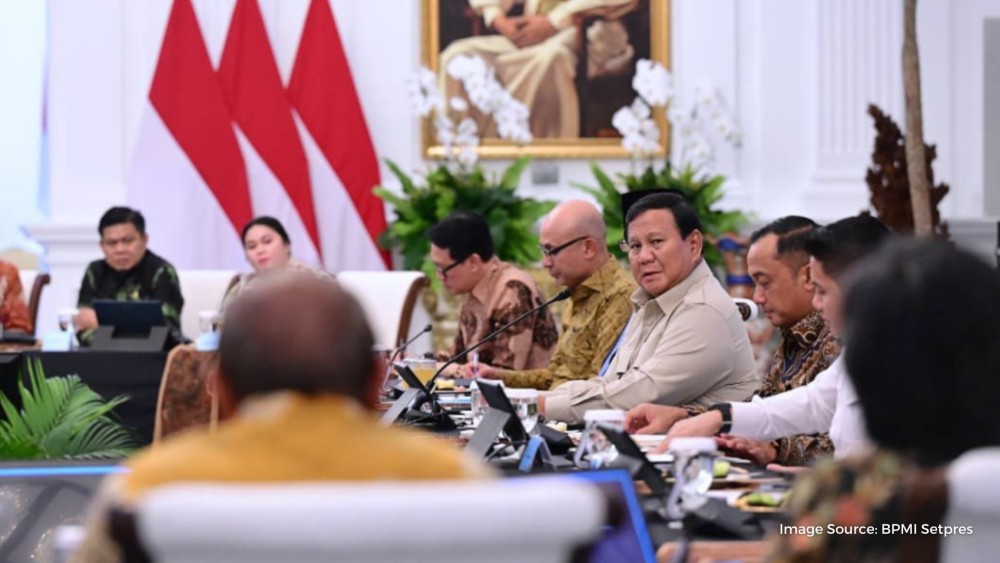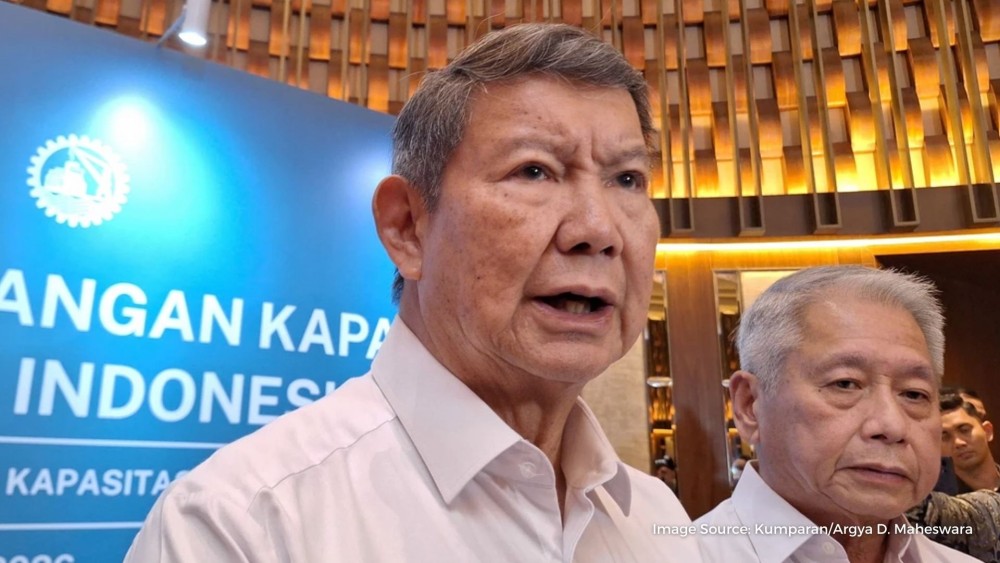This Week’s Headlines July 27 – Aug 2 (Issue #123)
02 Aug 2024

Indonesia president begins working from new capital despite construction delays
Nusantara scheduled to host Independence Day celebrations instead of Jakarta next month but relocation plan has come into question.
Indonesian President Joko Widodo has begun working from the presidential palace in the country’s ambitious new administrative capital, the flagship project of his two terms in office but which has been plagued by delays.
The capital is due to move from traffic-clogged and sinking Jakarta to the planned city of Nusantara in East Kalimantan province on Borneo, but the $33bn project announced in 2019 is months – even years – behind schedule.
“I couldn’t sleep well … maybe because it was my first time,” Jokowi, as the president is known, told reporters after his first night in the palace on Monday. The palace is 90% complete and Jokowi said that thousands of workers were still on site.
“They still clean and furnish it. Everything is in good progress,” he said. “There’s no problem with the water and electricity … The internet also works well.” It was not clear how long he planned to work there.
Nusantara is scheduled to hold its first ever Indonesia Independence Day celebration on 17 August, which is also expected to be the official transfer of the capital city from Jakarta, about 1,200 km (750 miles) away.
Its relocation plan has come into question, however, amid slow construction progress and missed deadlines, forcing the resignations of the head of the Nusantara Capital Authority and his deputy last month.
Most of the new city’s buildings are unfinished, with several ministry buildings only with their lower floors usable. Delays have also affected plans to relocate 12,000 civil servants to Nusantara starting from July. Administrative and bureaucratic reform minister Abdullah Azwar Anas has said the relocation timeline will be adjusted according to “infrastructure readiness”.
Earlier this month Jokowi said Nusantara would be about 15% complete by Independence Day, but the whole city is not expected to be complete until 2045.
Widodo’s administration has relied heavily on private investment to build the city, with the state only shouldering 20% of the cost, mainly covering the construction of basic infrastructure, buildings, and utilities within the “core area” of the government.
In a bid to lure investment, earlier this month Widodo signed a presidential regulation that grants investors certain rights, including land rights of up to 190 years in the future capital.
Public works and housing minister Basuki Hadimuljono said the government was still working to procure another 40 megawatts to power the city, but the current capacity of 10 megawatts produced by a solar power plant has been established in Nusantara.
A nearby reservoir provides “more than enough to meet the needs” for clean drinking water in the new city, he said.
Despite the progress made, questions still remain as to when the new capital will officially be relocated as Widodo is yet to issue the official decree. Until the decree is signed, Jakarta remains the country’s capital.
Widodo has signalled that the decree might be issued by president-elect Prabowo Subianto, who will be inaugurated on 20 October.
The delay in formalising the decree has raised questions about the location of the presidential inauguration, as in accordance with the Indonesian constitution, the swearing into office must take place in the nation’s capital.
The lack of investors in the megaproject also puts Prabowo in a difficult position once he is sworn in. Promising continuity as his campaign platform during the presidential election, Prabowo has pledged to resume Widodo’s landmark projects, including Nusantara
Sulfikar Amir, an associate professor of science, technology, and society at Nanyang Technological University in Singapore, has questioned the speed at which the ambitious project has been implemented, saying the rush has significantly affected the project’s financing and planning.
“Who wants to work in the middle of the forest with [a] lack of infrastructure?” he said.
Source: The Guardian
Indonesia president-elect Prabowo says seeks stronger ties with 'great friend' Russia
Indonesia's President-elect Prabowo Subianto said his upcoming administration would maintain ties with "great friend" Russia after meeting President Vladimir Putin, adding that he hoped for stronger cooperation on defence, energy and education.
Prabowo, who is currently defence minister, is set to take over the presidency from Joko Widodo in October. He is currently on a trip to Moscow and met Putin on Wednesday.
"We consider Russia as a great friend," he said in a statement from the defence ministry.
"I would like to continue to maintain and enhance this relationship. In our history we remember Russia has always helped us in many aspects when we were in difficulties."
Prabowo also expressed his intent to continue a partnership in defence and nuclear energy, and to send Indonesian students to Russia to study medicine.
The trip to Moscow comes months after Prabowo went to Beijing to meet President Xi Jinping to affirm Indonesia's "policy of friendship" with China.
Prabowo has said he will forge ties with any country, be it China or the United States, in his non-alignment foreign policy.
Putin was quoted by Russian state news agency TASS Russia as saying Russia was ready to "scale up supplies of agricultural products, implement investment projects in the field of energy, transport, and infrastructure."
Kremlin spokesperson Dmitry Peskov was quoted by TASS as saying that Indonesia's role in the war in Ukraine, which Putin calls a special operation, is "growing significantly nowadays".
Last year, Prabowo proposed a peaceful settlement for the war that includes a ceasefire and a demilitarised zone in an address to the Shangri-La Dialogue security summit in Singapore.
Source: Reuters
Indonesia records 21 percent jump in H1 foreign tourist arrivals
Statistics Indonesia reported that the number of international tourist arrivals in the country in the first half of 2024 reached 6,413,201, up 21.02 percent compared to the same period of 2023.
"The total number of foreign tourist arrivals in the first semester of 2024 is the highest since 2020," said Amalia A. Widyasanti, the agency's acting head, in Jakarta on Thursday.
In June, the number of international tourist arrivals via the country's main entry gates stood at 997,258, while foreign tourist arrivals via the border gates reached 171,737.
The number of arrivals in that month totaled 1,168,988, up 2.05 percent month-on-month and 9.99 percent year-on-year.
"The number of foreign tourist arrivals continues to increase from time to time and is getting closer to pre-pandemic level in 2019," she noted.
Based on the nationality of tourists, the highest number of tourists came from Malaysia, accounting for 16.1 percent of the total tourist arrivals, followed by Singapore (13.4 percent) and Australia (12.3 percent).
The number of Malaysian tourist arrivals, however, showed a decline of 5.86 percent month-on-month, but an increase of 11.60 percent year-on-year.
Furthermore, the number of trips abroad by domestic tourists in the first half reached 4,469,267, an increase of 25.62 percent compared to the same period of the previous year. The figure was still lower compared to the same period before the pandemic.
The destinations most visited by domestic tourists were Malaysia, Saudi Arabia, and Singapore. Trips to Saudi Arabia were mainly pushed by Hajj pilgrimage.
Source: Antaranews






